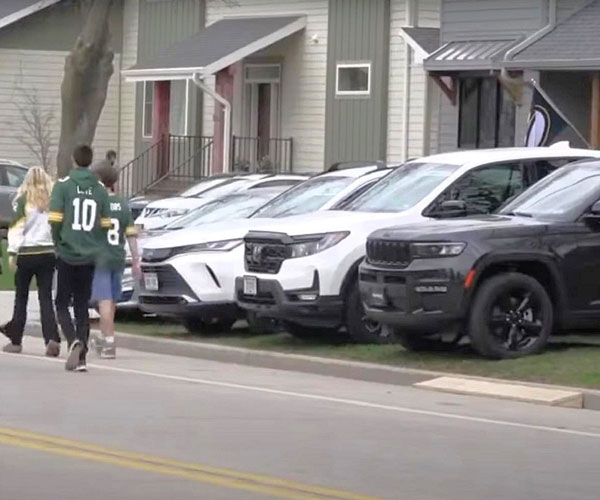It’s what we do as a magazine: Find the undiscovered, capture what is new, challenge what you hold to be true.
But it’s also how we’ve progressed during the decade. It’s how we’ve adjusted since Sept. 11, 2001.
We were working on our October issue, my first as editor of Cleveland Magazine, and were right in the middle of deadline. As staffers flocked to the television, I remember selfishly thinking, We have a magazine to get out, get back to work.
I just didn’t understand.
Two days later, a co-worker let me read a lengthy e-mail from former editor Liz Vaccariello, who lived just minutes from the World Trade Center. That note turned into our November 2001 cover story, “At Ground Zero,” which moved from the shock and terror of that morning in New York to reassuringly awkward signposts of normalcy (from Fig Newtons to a glass of wine with friends).
Obviously, our perspective had changed.
As a city, we put our trust in its first female mayor, Jane Campbell. She graced our December cover with 10 pledges for the city. One of those promises was to assemble “the strongest team of managers I can find,” so we profiled her cabinet the next year. Despite the optimism, Cleveland suffered from a Comeback City hangover. So the magazine proposed a cover story on “Big Ideas” — everything from free parking downtown to focusing on wind power — as a counter to what had become the “Quiet Crisis.”
Still we were confronted with the title of poorest big city in the nation. Voters elected Frank Jackson as mayor.
Then in a single week, everything seemed to change again. The war in Iraq was brought home for our community and our country when 16 Marines from Brook Park’s 3rd Battalion, 25th Regiment were killed. (Forty-eight died by tour’s end.) We told their story of sacrifice and heroism in “Blood Brothers.”
When I met one of the Marines from that story recently, he talked about returning to Iraq. It’s what he needed to do.
Honestly, I’m still not sure I understand. But I certainly don’t see things in the same way.



